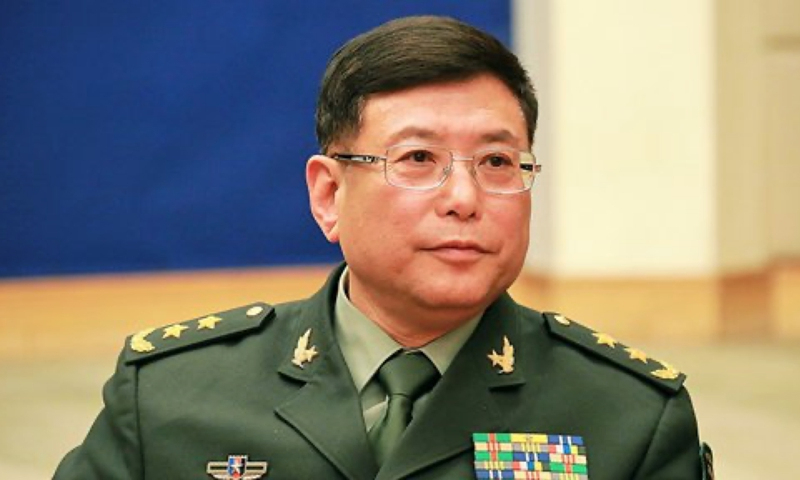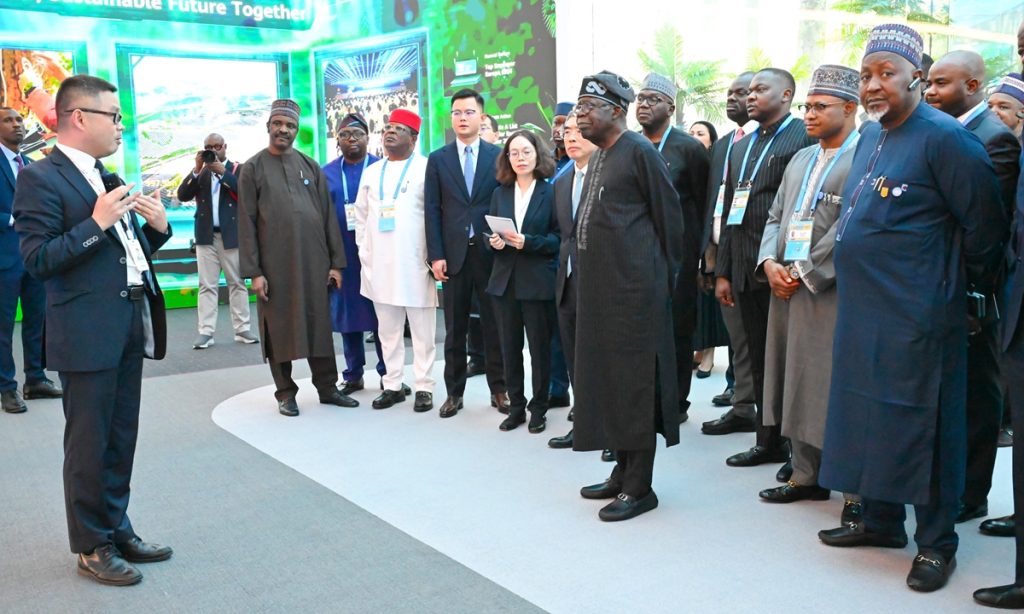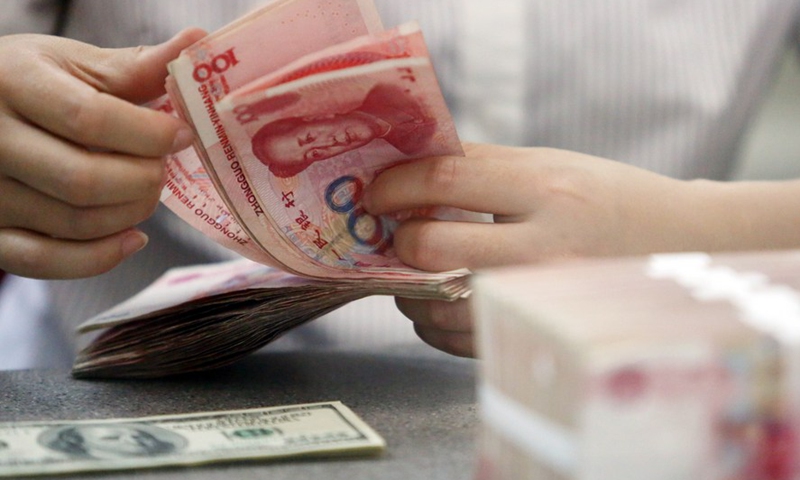Foreign visitors at CIFTIS impressed by China’s cutting-edge technology, industrial applications

The 2024 China International Fair for Trade in Services (CIFTIS) has become a hub for Chinese and international visitors to exchange ideas on the latest innovations and technologies across industries. Many foreign attendees are impressed by China’s innovation and technology advancement, as many Chinese firms showcased their latest products.
Chinese urban air mobility technology platform company EHang Holdings displayed its EH216-S - a domestically developed passenger-carrying unmanned aerial vehicle at this year’s CIFTIS. The electric vertical takeoff and landing (eVTOL) aircraft received approval from Chinese civil aviation authority in April to commence production.
Freshly stepping out of the cockpit of the aircraft after being briefed, Manfred Janssen, chief of KolnBusiness Economic Development Agency, told the Global Times that the experience was "very impressive."
“I learned that it is going to fly and operate this year. Good luck to it and I am looking forward to that. It is quite impressive to see how China has become a motor of innovation globally, and suddenly many things are going to happen in the aviation sector. It could be a nice solution to the big cities of the world,” Janssen told reporters.
CIFTIS has become a platform for people from around the world to exchange ideas, share expertise, and collaborate in the fields of green and digital economies.
Janssen, whose delegation signed a memorandum of understanding with their counterpart in Beijing, said the goal is to exchange ideas and explore cooperation between Cologne, Germany and Beijing in the pursuit of green transformation in the economy and industry. The official noted that among the Cologne delegation is Deutz AG, the inventor of internal combustion engine.
During the first two days of the exhibition, several hundreds of foreign guests have visited the booths with a keen interest on China’s emerging low-attitude economy, a staff member of the EHang told the Global Times.
The 2024 CIFTIS is the first large-scale international, comprehensive exhibition held after the third plenary session of the 20th Central Committee of the Communist Party of China. It underscores China's commitment to further opening up to the world and its readiness to share the benefits of its economic opportunities.
A total of 85 countries and international organizations attended the 2024 CIFTIS, held under the theme "Global Services, Shared Prosperity."
From Thursday to Monday, the China National Convention Center and Shougang Park in Beijing, the venues of the CIFTIS, were crowded with exhibitors and visitors from around the world. Displays featured a wide range of cutting-edge technologies, including AI-powered surgical robots, hydrogen fuel motorbikes, cloud-based AI digital hosts for live-streaming e-commerce, and service robots designed to maintain and replace blades for tunnel boring machines. These exhibits showcased China’s latest advancements in green, digital, and smart technologies, highlighting the nation's tech-driven approach to modernization.
Chinese express delivery firm STO Express showcased its self-developed omnidirectional sorting robot, which can effectively improve efficiency of the sorting process during deliveries.
Mu Yu, a STO representative, told the Global Times that many foreign visitors have expressed interests in the company’s unmanned delivery systems, which include unmanned delivery vehicles and parcel-delivery drones. "They inquired about our overseas business, but for now, we are focusing on the domestic market," Mu said.
“We hope to get a better pulse of the latest technical applications within the domestic and international services industry by participating the CIFTIS, and to see how to best optimize our development path amid the atmosphere of communication and exchange,” said Mu.
The emergence of cutting-edge technology has undoubtedly injected new vitality into services trade in China and around the world. These innovations not only enhance industry efficiency but also showcase China’s significant strengths in technological innovation, analysts said.
"These advanced technology displays at the 2024 CIFTIS are a concentrated expression of China's technological innovation strengths and are also strong proof that China provides innovative solutions to the world and expands opportunities for win-win cooperation," Wang Peng, an associate research fellow at the Beijing Academy of Social Sciences, told the Global Times on Sunday.
"These innovative achievements have not only promoted the rapid development of related industries, but also contributed Chinese wisdom and Chinese strength to the prosperity of global trade in services. It is expected that China will achieve breakthroughs in more fields in the future and contribute more 'Chinese solutions' to global scientific and technological development," Wang said.








